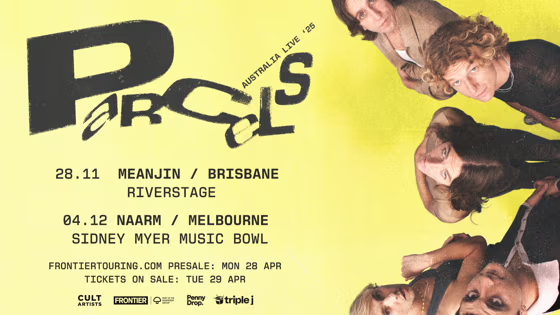
When Irresistible met Helena Gualinga at the Ubud Writers and Readers Festival in Bali, it was in the hand-wringing days after Australia voted No in the Voice referendum. “Climate justice and social justice are large issues, they’re processes that all of society are having to go through, and the time is now,” she said. The outcome of the Australian vote “had been felt by all indigenous people, everywhere. It felt like a punch.”
There have been plenty of analyses about what went wrong, but over in Ecuador a similar referendum had just landed a very different result.




In August 2023 Ecuador asked it’s people whether to place environmental and indigenous rights at the heart of the Ecuadorian constitution by ending oil exploitation in the Yasuní National Park in the Amazon rainforest.
The Yasuni is a glorious part of the Amazon that is home to more species than anywhere else in South America, probably the whole world, not least because it served as a refuge for life at the end of the glacial era. It’s extraordinary biodiversity is a treasure for the whole planet, the kind of treasure that our survival will come to depend on. And yet it, like so many precious places, has been continually threatened since early in the last century. Logging and corruption and the degradation of indigenous rights was already bad enough, but once oil was first discovered under Yasuni’s rich soils in 1937, and drilling started in earnest in the 1970s, the damage started apace
Yasuni is also home to local indigenous peoples; the Waorani, the Kichwas, the Shuar, settlers and mestizos, as well as the Taegeri and Taromenane tribes living in voluntary isolation. Not only are these people the guardians of the knowledge held within the rainforest, but their survival and that of the jungle are deeply intertwined.
So, Ecuador got to work! The referendum campaign was called SI al Yasuni, or Yes to the Yasuni. The vote was held at the same moment as a snap presidential election which organisers think motivated people. Hollywood celebrities got involved, a cool video was recorded, and it had a banging song that you could dance to. Everyone wanted to be part of it.
It won.


It was a groundbreaking achievement for a lot of people who worked hard to achieve the result for decades. There had been a previous attempt by former Ecuadorian President Rafael Correa to keep the oil in the ground, which floundered in 2013. Instead, grassroots activism saw 750,000 signatures collected over 10 years to get the issue into the courts and onto the ballot papers.
But it was also a big win for the youth of Ecuador who came to the table in droves, and the indigenous communities who were front and centre of the campaign. Helena Gualinga was one of them, and her voice became a beacon for the campaign.




Helena was already an accomplished environmental and human rights campaigner and a spokesperson for her Kichwa Sarayuku community, to be found on a host of global stages, from COP to UN Committees to Davos to literary festivals, or receiving awards from the likes of Diane von Furstenburg. Helen comes from a long line of campaigners, her grandmother, mother and aunty have all been advocates and land defenders, and along with her sister Nina, who also works tirelessly for the Amazon, she has graced the pages of Vogue, Forbes, and Revisit Hogar magazines among others. And she is still only 23 years old.
Filmmaker Eriberto Gualinga made a movie, Helena from Sarayaku, about Kichwa leaders asking a 17- year- old Helena to deliver a message to the world: Kawsak Sacha, or ‘Living Forest,’ an innovative concept in conservation, in which the jungle is considered to be a living being. It’s the kind of film that just make sense and that motivates anyone, especially the young, to get out there and take action.






She is still delivering that message and the work is far from over. She is a co-founder of Polluters Out, an international coalition committed to kicking the fossil fuel industry out of every aspect of our society. The group has designed a host of actions that anyone can take, from a hashtag, to a donation, to a campaign to getting involved directly with them.
With Amazon Watch she has help set up a legal fund for Indigenous women who have been targeted by extractive companies and governments for being too good at what they do- protecting the rainforest. As Helena points out, Indigenous people make up 5% of the world’s population but protect 80% of the world’s biodiversity. They are out there working for all of us and suffering the consequences.
And she’s out there organising, supporting, and highlighting the campaigns that matter. Currently, there’s the #MecherosCase and the Eliminate the Flares Report. Despite governmental rulings that the hellish gas flares that communities in the rainforest have to live under must stop, they are in fact more prolific than ever. She’s also committed to fossil fuel companies paying for the mess they have created, from cleaning up the pollution, to compensating the communities.
As she told Business Insider, “It’s a debt that they cannot escape.”
So much to do and thankfully for all of us, Helena shows no signs of slowing down.












